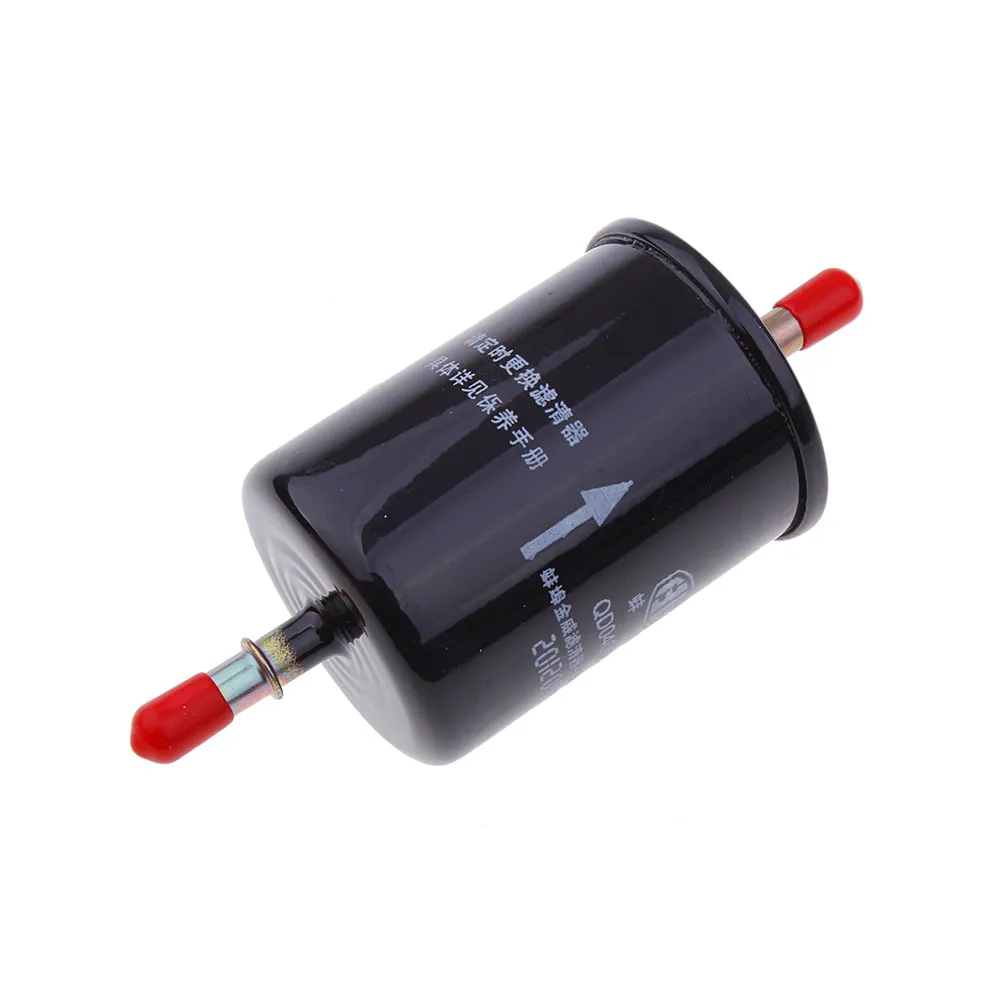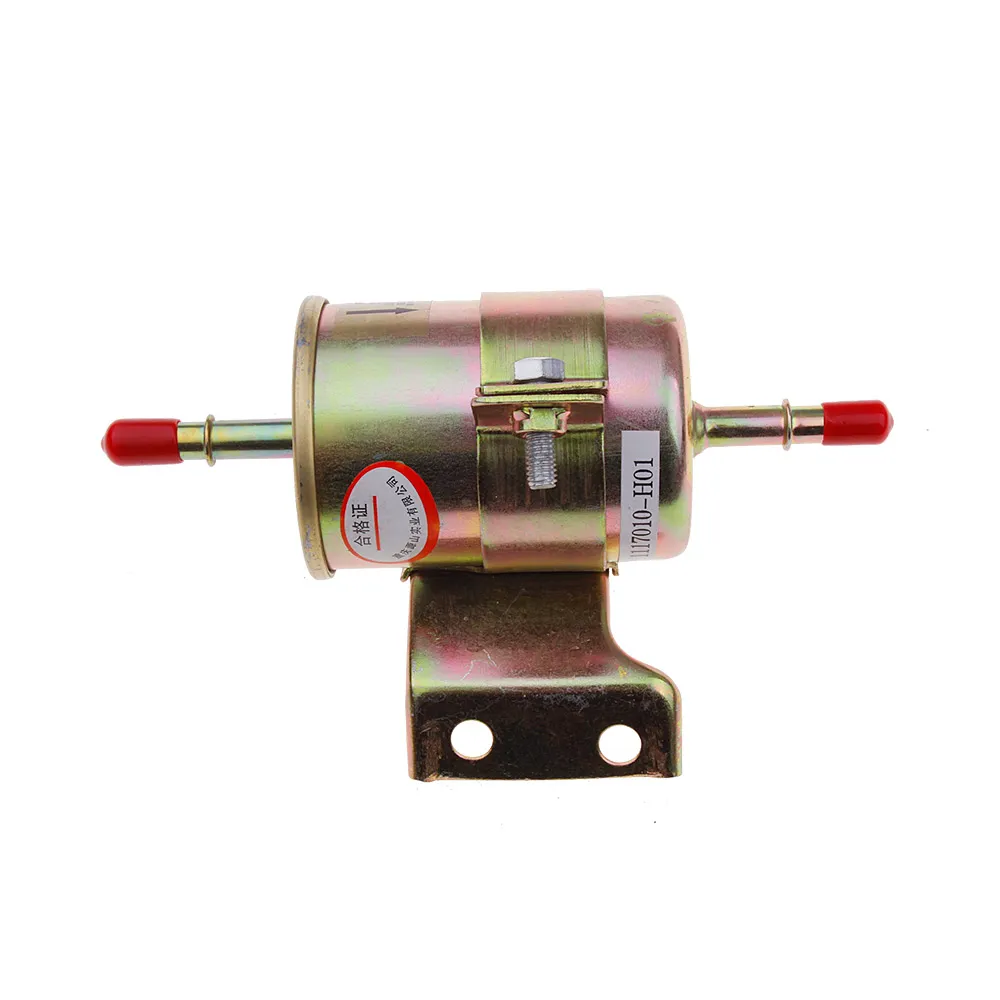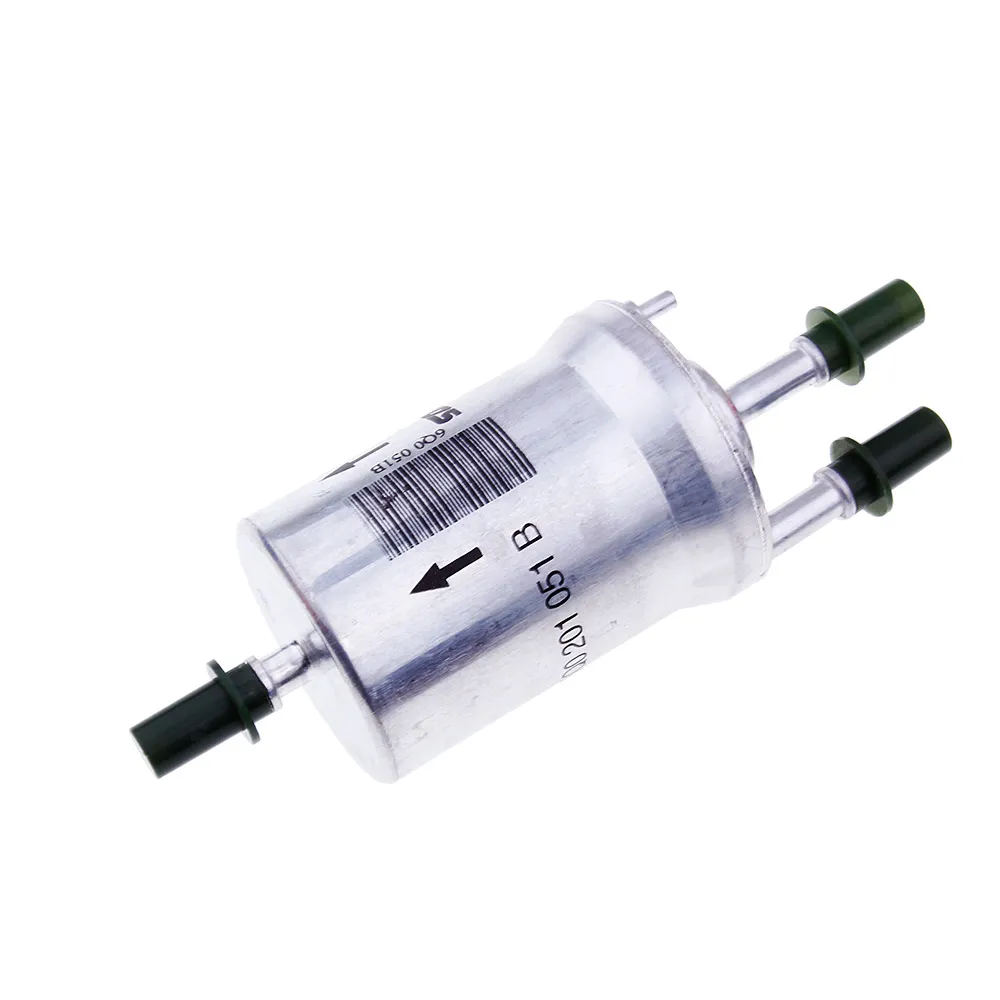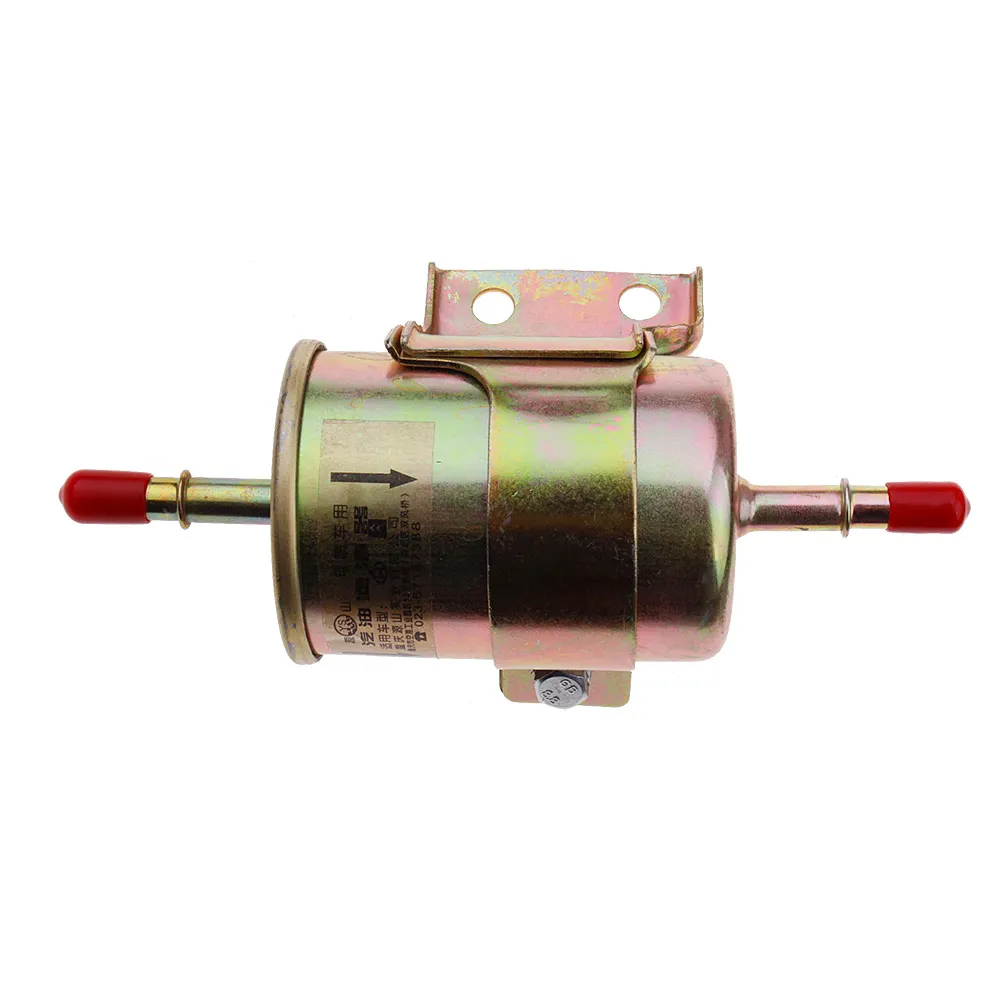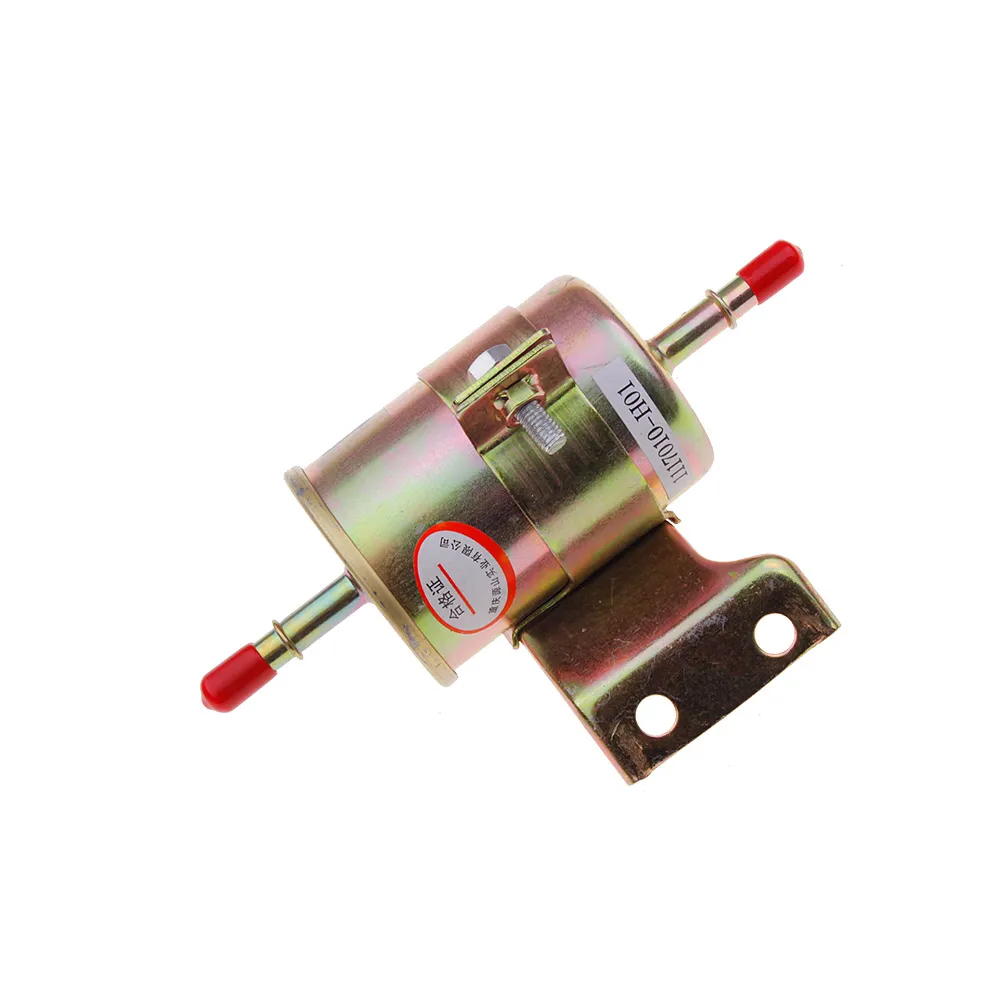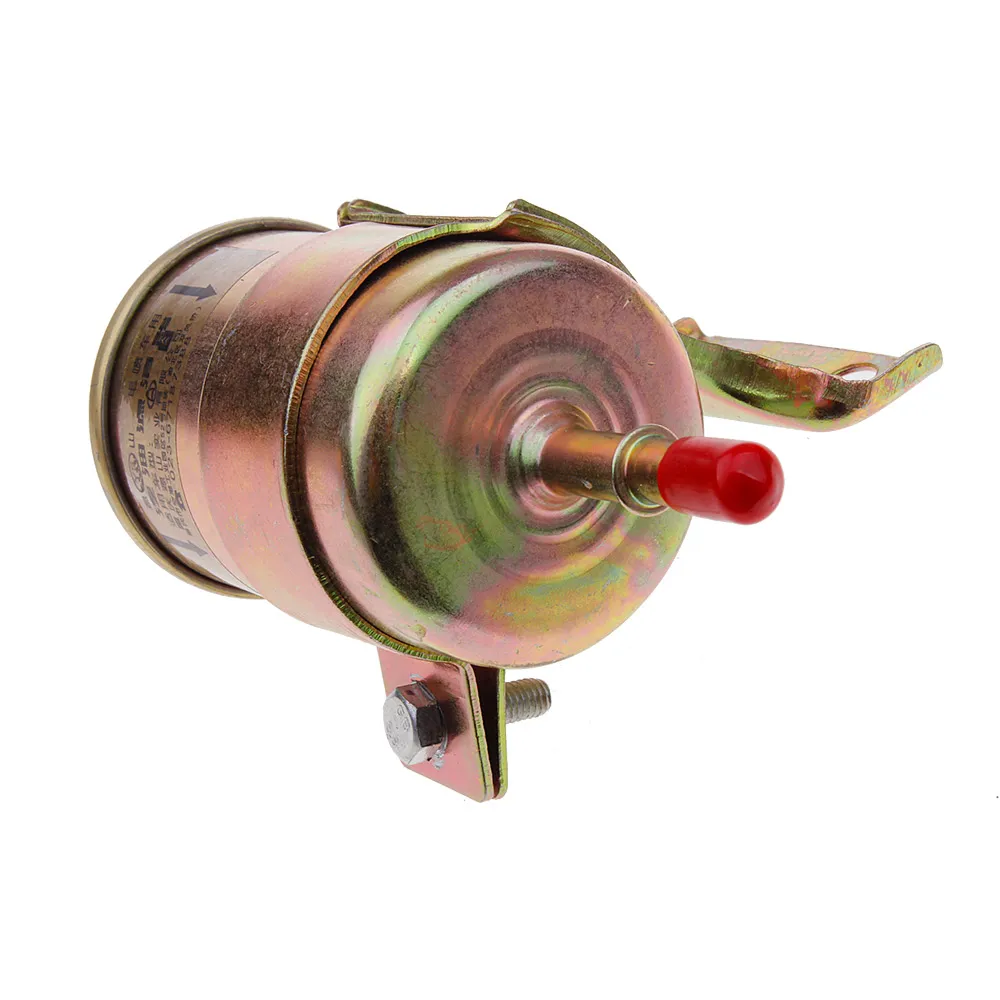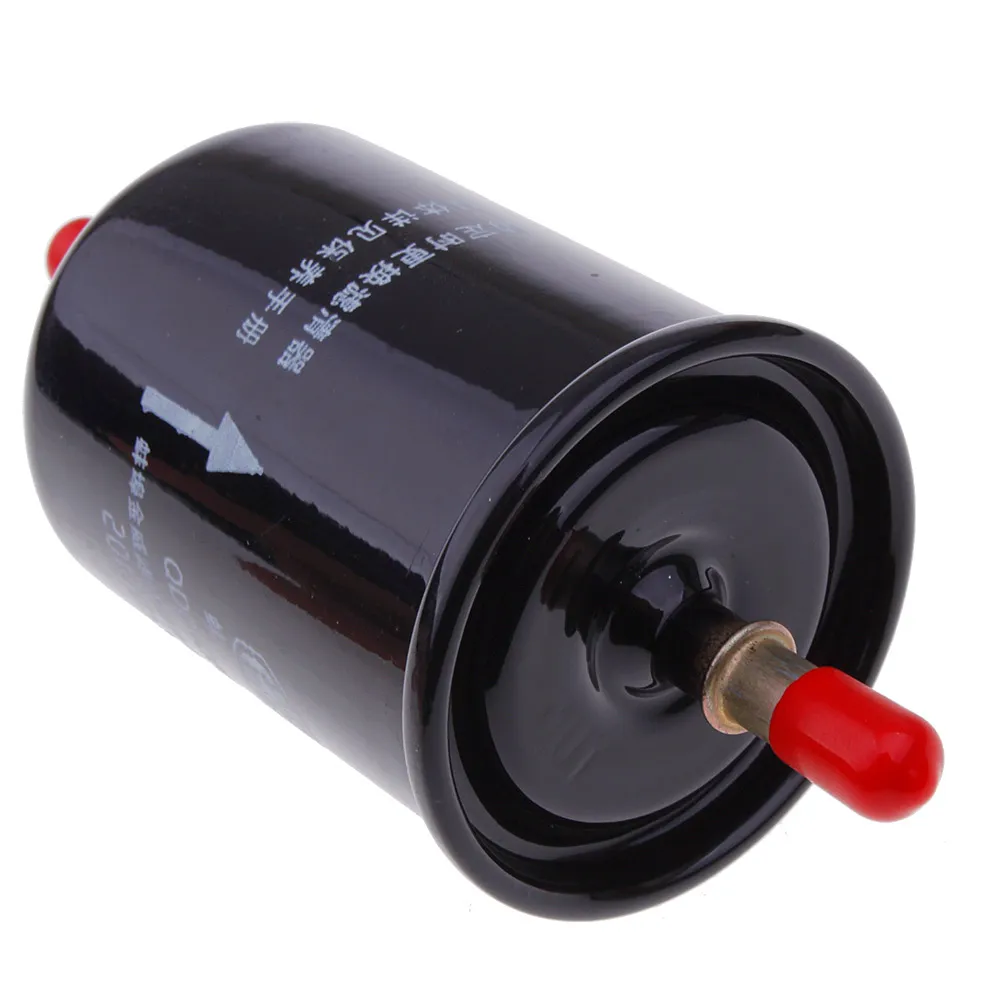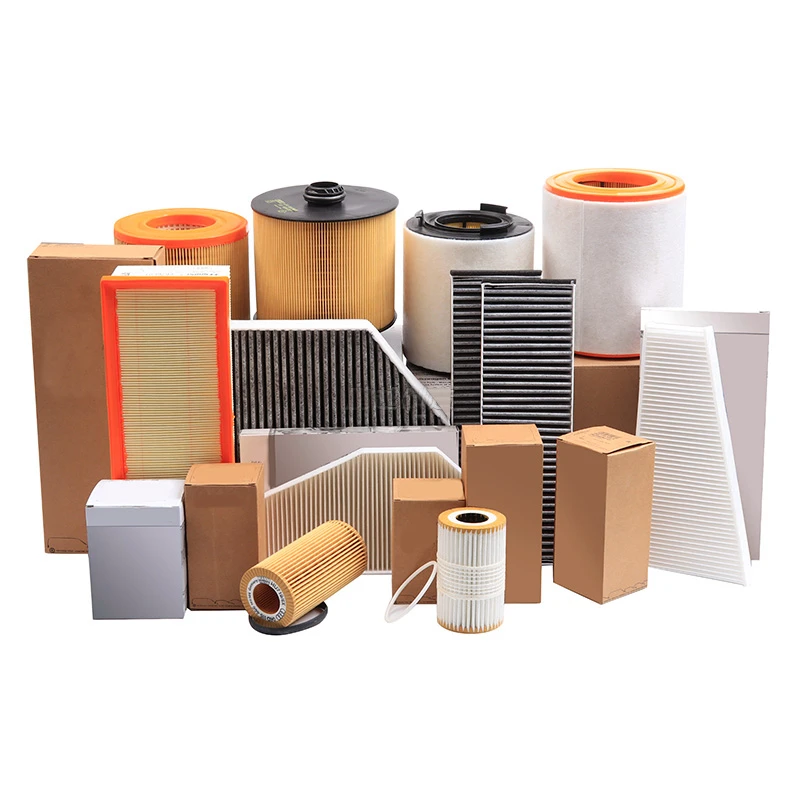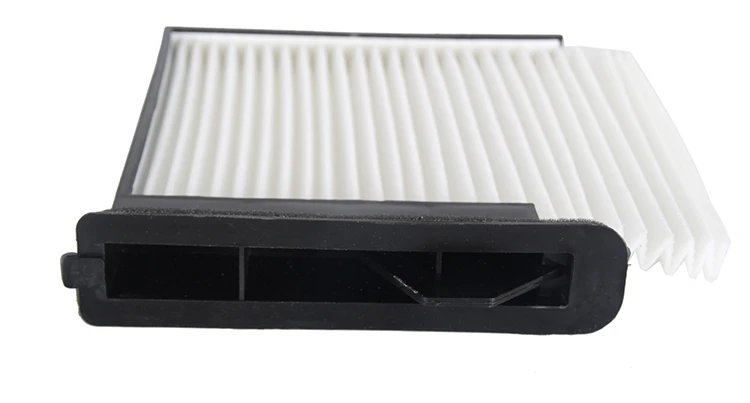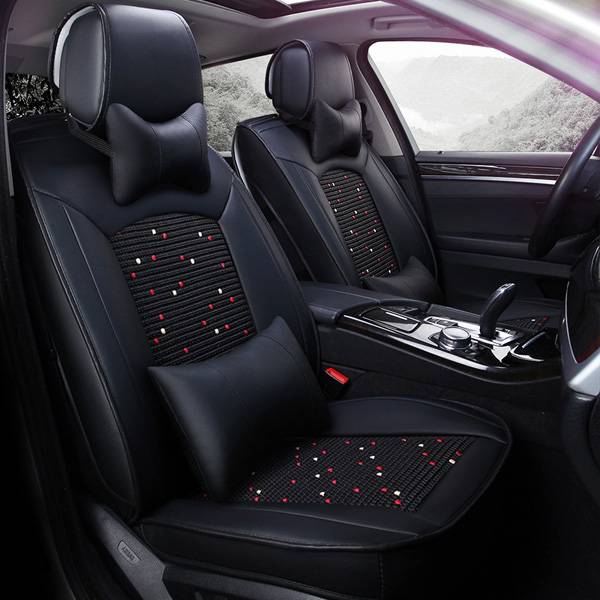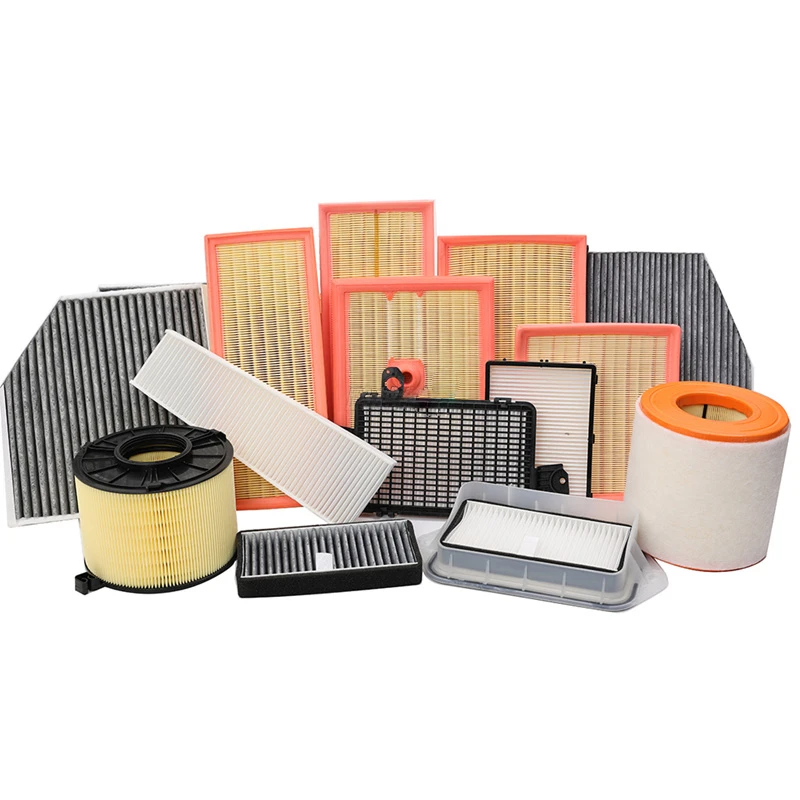Product Overview
The car fuel filter is a crucial component in ensuring the proper functioning of your vehicle's fuel system. Its primary role is to filter out contaminants such as dirt, rust, and debris from the fuel before it reaches the engine. By doing so, it prevents these impurities from clogging the fuel injectors, fuel lines, and other critical parts of the fuel system. A clean and efficient fuel filter is essential for maintaining the performance, efficiency, and longevity of your vehicle’s engine.
Fuel filters are typically made of fine mesh or paper material that captures even the smallest particles, ensuring that only clean fuel is delivered to the engine. Over time, the filter accumulates dirt and debris, which can reduce its effectiveness and lead to poor engine performance. A clogged fuel filter can cause various issues, such as engine misfires, rough idling, reduced acceleration, and even engine stalling. If not replaced in a timely manner, a dirty fuel filter can lead to more significant and costly damage to the fuel system.
Regular maintenance of the fuel filter is vital for optimal vehicle performance. It is generally recommended to replace the fuel filter every 20,000 to 40,000 miles, although this can vary depending on your vehicle's make and model. Driving conditions, such as frequent short trips or driving in dusty environments, may require more frequent replacements.
Replacing a fuel filter is relatively straightforward, but it is recommended to have a professional mechanic perform the replacement if you are unfamiliar with the process. By investing in a high-quality fuel filter and adhering to recommended maintenance schedules, you can enhance your vehicle’s fuel efficiency, protect the engine, and avoid unnecessary repairs.
Car Fuel Filter Product Advantages
Improved Engine Performance
A high-quality fuel filter ensures that only clean fuel reaches your engine, preventing the buildup of contaminants that could affect fuel injectors and combustion. This results in smoother engine operation, better acceleration, and improved overall performance.
Enhanced Fuel Efficiency
By keeping the fuel system free from debris, a clean fuel filter allows the engine to burn fuel more efficiently. This helps to optimize fuel consumption, leading to improved miles per gallon (MPG) and lower fuel costs.
Protection of Fuel System Components
A fuel filter prevents harmful particles from clogging important components like fuel injectors, the fuel pump, and fuel lines. This protection reduces the risk of costly repairs and ensures the longevity of the entire fuel system.
Prevents Engine Stalling and Misfires
A clogged or dirty fuel filter can disrupt the fuel supply, leading to engine misfires, rough idling, or even stalling. Regular replacement of the fuel filter ensures a consistent and reliable flow of fuel to the engine, preventing such issues.
Cost-Effective Maintenance
Replacing a fuel filter is an affordable and simple maintenance task that can save you from expensive repairs caused by a compromised fuel system. It helps you avoid costly engine repairs that can result from accumulated debris or clogging.
Increased Engine Lifespan
By maintaining a clean and efficient fuel system, a high-quality fuel filter helps extend the lifespan of your engine. It reduces the wear and tear on critical engine components, ensuring that your vehicle performs optimally for a longer time.
Easy Installation
Many modern fuel filters are designed for easy installation, allowing you to replace the filter yourself or have it done quickly by a mechanic. Regular replacement ensures you maintain optimal vehicle performance with minimal hassle.
Compatibility with Various Vehicle Types
Whether you drive a sedan, SUV, truck, or off-road vehicle, there is a fuel filter designed to fit your specific vehicle. Ensuring the correct fit and quality guarantees maximum filtration and performance benefits.
Car Fuel Filter FAQ
1. What is a car fuel filter, and what does it do?
A car fuel filter is a crucial component that removes dirt, debris, and contaminants from the fuel before it reaches the engine. This ensures clean fuel flow, improves engine performance, and prevents damage to fuel system components.
2. How often should I replace my fuel filter?
The recommended replacement interval varies depending on the vehicle make and model, but generally, it should be replaced every 20,000 to 40,000 miles (32,000 to 64,000 km). If you drive in harsh conditions or use lower-quality fuel, more frequent replacement may be necessary.
3. Can a clogged fuel filter damage my car?
Yes, a clogged fuel filter can restrict fuel flow, causing the engine to work harder and leading to potential damage to the fuel injectors, fuel pump, and other engine components. Replacing the filter regularly helps prevent costly repairs.
4. Can I clean and reuse my fuel filter?
Most fuel filters are designed for single-use and should be replaced rather than cleaned. However, some high-performance or specialty filters may be reusable and require cleaning as per the manufacturer’s instructions.
5. How do I know which fuel filter fits my car?
Check your vehicle’s owner’s manual or consult with an auto parts store or manufacturer to find the correct fuel filter based on your car’s make, model, and engine type.
6. Is replacing a fuel filter a DIY job?
For some vehicles, replacing the fuel filter is relatively simple and can be done with basic tools. However, for cars with in-tank fuel filters or high-pressure fuel systems, professional replacement is recommended.
7. Does a new fuel filter improve fuel economy?
Yes, a clean fuel filter ensures optimal fuel flow, leading to better combustion efficiency and improved fuel mileage. A clogged filter can restrict fuel supply, causing the engine to consume more fuel.
8. What happens if I don’t replace my fuel filter?
If not replaced, a dirty fuel filter can cause engine performance issues, reduced fuel efficiency, and potential damage to fuel system components. Over time, this can lead to expensive repairs and breakdowns.
9. Do all cars have the same type of fuel filter?
No, fuel filters come in different types and designs depending on the vehicle. Some are inline filters located between the fuel tank and engine, while others are in-tank filters built into the fuel pump assembly. Always use the correct type for your vehicle.

